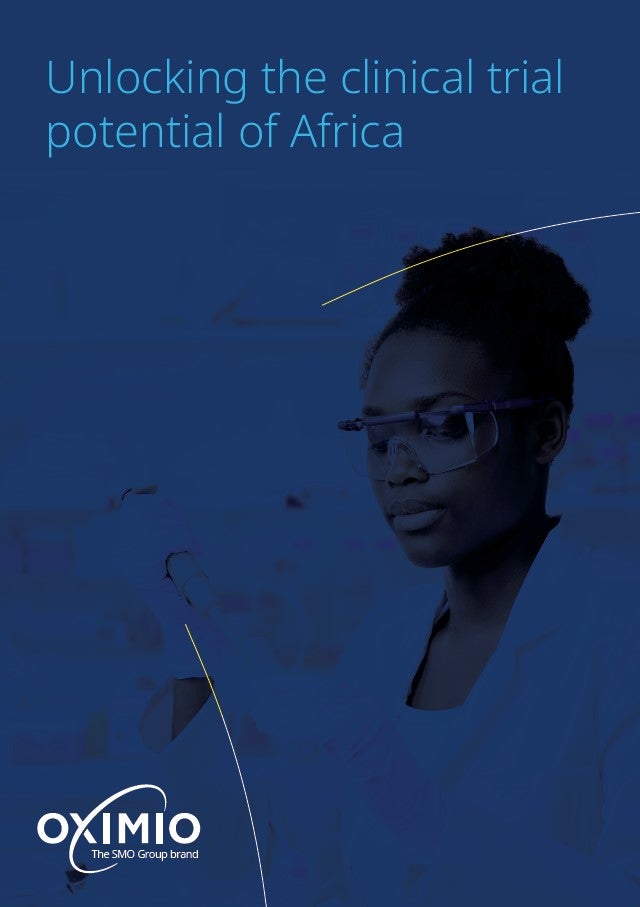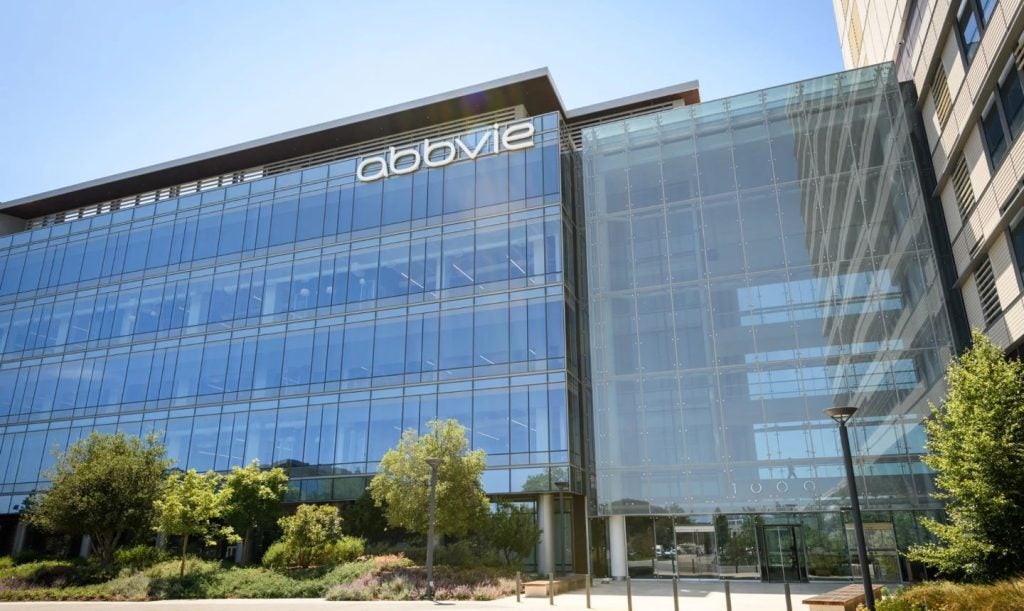
Mainfong Ang is a senior manager in clinical development operations and oversees studies taking place in the East and Southeast Asian corridor. Having started her career as a CRA at Quintiles, Ang now works for Amgen in Hong Kong.
In this Industry Viewpoint, Ang speaks to CTA’s Jisong Seo about the difficulties of managing IP antibodies in clinical trials in Asia, and how to overcome them.
Jisong Seo: What is the biggest challenge in your role at the moment?
Mainfong Ang: One of my current difficulties is on site storage as hospitals don’t often have storage areas that can accommodate our IPs. One of the sites we work with in Singapore has three subjects IPs at the same time and there is not enough space to put products.
It’s extremely costly for us to send products to the site every time from our main depot, so we are looking for a depot in that country. I guess if you don’t have many places, you can’t keep shipping in. This boils down to a planning issue, but as we cannot use hospital storage, we consider depots in the local region as well.
How well do you really know your competitors?
Access the most comprehensive Company Profiles on the market, powered by GlobalData. Save hours of research. Gain competitive edge.

Thank you!
Your download email will arrive shortly
Not ready to buy yet? Download a free sample
We are confident about the unique quality of our Company Profiles. However, we want you to make the most beneficial decision for your business, so we offer a free sample that you can download by submitting the below form
By GlobalDataJS: What are the arising issues in conducting multinational trials?
MA: For studies taking place in the Philippines, India and Korea, sourcing local CROs and vendors can present major difficulties. However, the biggest challenge comes down to internal infrastructures in those countries. Sometimes there can be security issues or site documents can go missing.
Patient recruitment and regulation compliance, as is the case in most places around the globe, are significant issues, but are amplified even more so in the Asian region. Additionally, inspection readiness presents major hurdles for multinational sponsors carrying out trials.
If your work is inspected all the time, it is always challenging to deal with. For example, I recently had an inspection carried out by the Ministry of Food and Safety (MFDS) for a clinical trial in Korea. The MFDS runs inspections on clinical sites to ensure processes and regulations are followed to a T. Ensuring all documents are in place while following GMP rules are key to success in Asian clinical trials.
JS: What would be the tip to find right partner for your study?
MA: Select a vendor that has expert knowledge of the rules and regulations of the country you’re operating in. The partner you choice will help ensure you have all your essential documents in place.
JS: What is the biggest difference with post-clinical activities in Asia?
MA: It is usually less of a burden to the investigator and researchers as you don’t need a big sized study. In general, check with in-country regulations for post-market study approval of the product and gaining regulatory approval. In some countries, sponsors need only 20 local samples only to support affairs and safety claims.








Related Company Profiles
CTA Inc
CRA, INC.
GMP Co., Ltd.
Quintiles S.L.
Amgen Inc